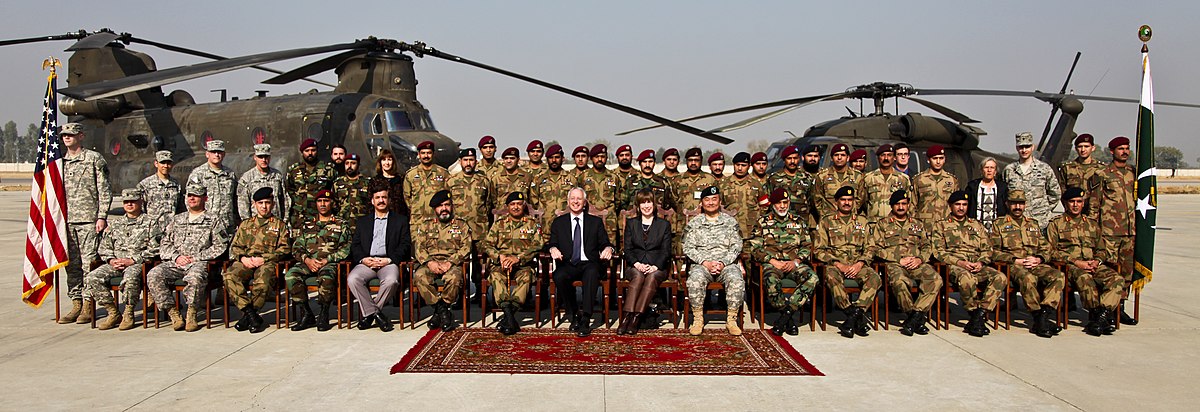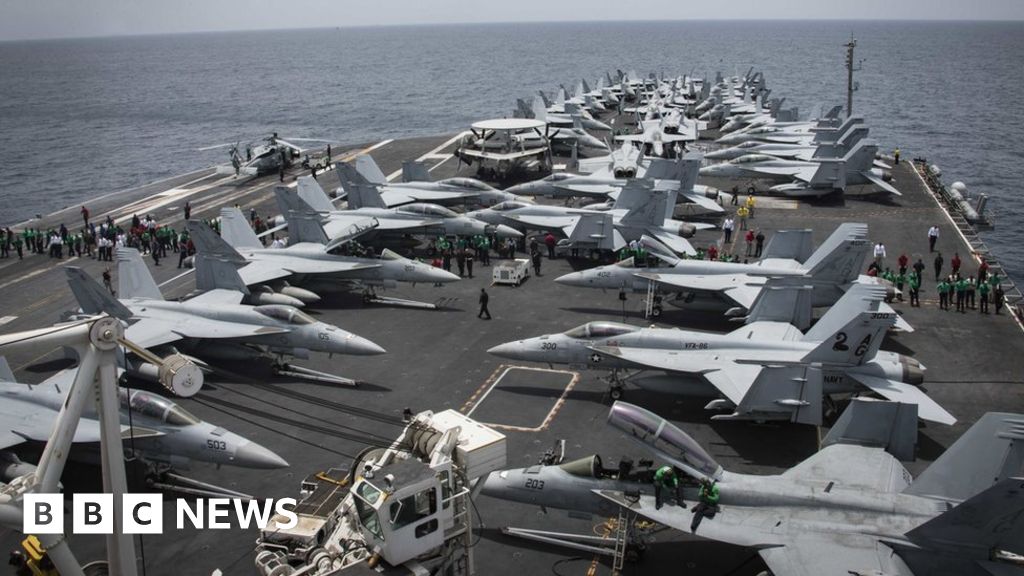Last weekend, he said, U.S. officials placed a phone call to their Iranian counterparts. “We sent a message at that time to Iran just so they understood we would hold them accountable should something take place in the region, that there was not an opportunity for them to do things and then claim that it wasn’t attributable to Iran.”
Dunford said the intelligence suggested that Iranian leaders believed that they might be able to strike U.S. forces without risk of retaliation. That’s why he conferred with Gen. Ken McKenzie, who leads U.S. Central Command, and by Sunday morning had recommended to acting Defense Secretary Patrick Shanahan that Abraham Lincoln carrier strike group in the Mediterranean be immediately sent to the CENTCOM area of responsibility.
He added, “We averaged more than two carrier strike groups on station in 2012 in CENTCOM at any given time. We had zero on third, fourth, and fifth of May. We also sent bombers there as well as some Patriot missile systems.”
On Friday, Shanahan
told reporters that the 900 troops would head to Qatar and Saudi Arabia.
On Capitol Hill, Democratic lawmakers have been loudly questioning the administration’s approach and motives toward Iran. On May 21, Sen.
Chris Murphy, D-Connecticut,
complained about how the administration had presented threat intelligence to lawmakers.
“I‘m listening to Republicans twist the Iran intel to make it sound like Iran is taking unprovoked, offensive measures against the U.S. and our allies. Like it just came out of nowhere…I’ve read the intel too. And let me be clear: That’s not what the intel says.”
Lawmakers have expressed worry about being excluded from the decision-making on Iran.
“Everybody is deeply, deeply concerned about Congress getting cut out of what’s transpiring over there, and they weren’t able to give enough assurance that we would be consulted,” Rep. Raja Krishnamoorthi, D-Ill., who sits on the House Intelligence Committee,
told Defense One earlier this month after a closed-door session with National Security Advisor John Bolton. “I think that’s a huge, huge question that’s going unanswered.”
Without naming any particular lawmaker, Dunford pushed back on the notion that Trump administration political rhetoric was driving his decision-making. “People can question the veracity of the intelligence. All I will say is, since that weekend, there have been ships that have been
hit with mines. There have been
UAV strikes. There have been rocket
strikes in the proximity of the U.S. embassy in Iraq. All that activity has happened since the weekend of the third, fourth, and the fifth. So I view this purely through a military lens.”
Dunford did not touch on why Iran seemed to be becoming more aggressive.
But Murphy has expressed his view that the increased regional tension stems directly from the Trump administration’s decision to withdraw from the
Iran nuclear deal, and
to designate the Iranian Revolutionary Guard as a terrorist organization. “U.S. military leaders told Trump not to withdraw from the Iran deal, and not to designate the Iranian military as a terrorist group, and he ignored them. Why?” he
tweeted on May 15.


 .
.

